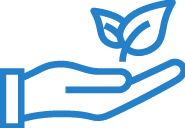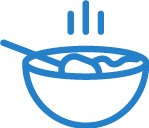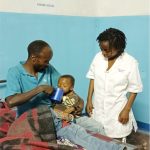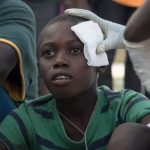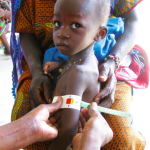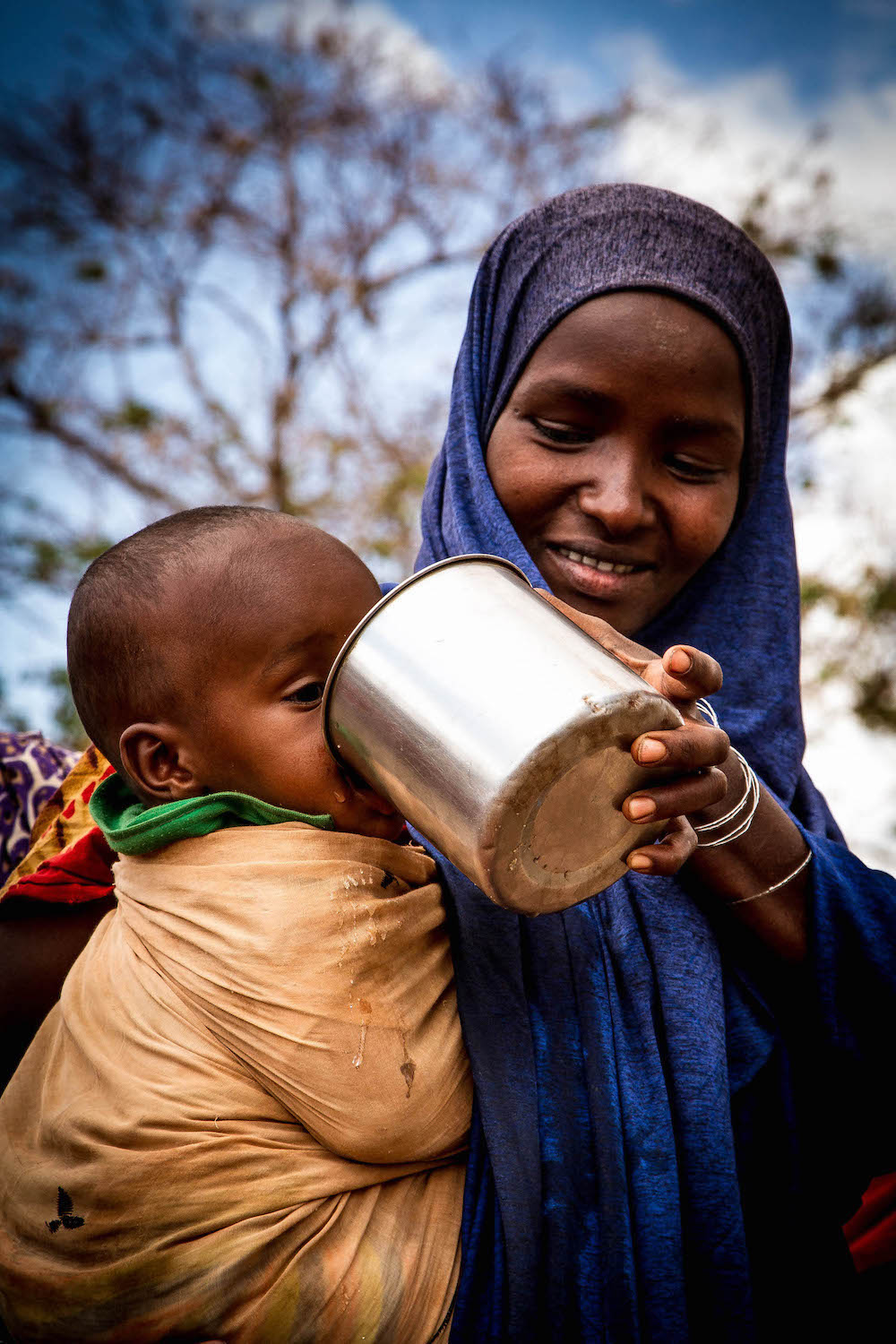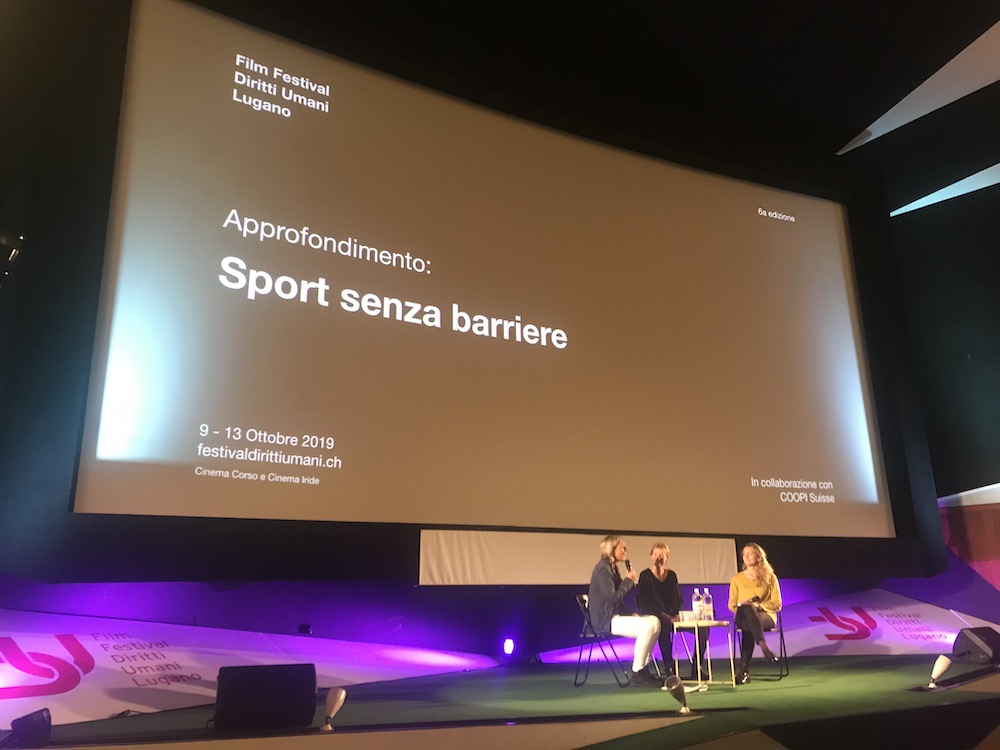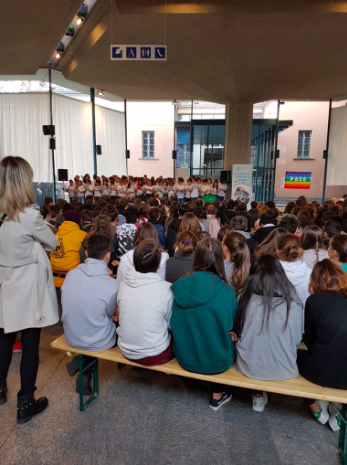RAISED: € %RAISED%
Environmental protection, a resource against poverty in Congo (PROJECT 038)
The Democratic Republic of Congo is a country battered by decades of wars and infighting that contribute to the spread of extreme poverty
widespread among the population. Yet, the Democratic Republic of Congo is a country rich in mineral resources and very fertile: 10% of the world's forests with their very important ecosystem are located in this beautiful country.
Insecurity resulting from decades of armed conflict and poverty also dramatically affect agricultural production and marketing
of food, contributing to food insecurity and malnutrition.
The impossibility of reaching markets - also due to the impossibility of crossing significant distances with roads that are now destroyed - also pushes the population to look for food in ecological protected areas, fuelling poaching phenomena and altering forest biodiversity.
In this context, COOPI Suisse - co-financed by FOSIT with the federal fund of the Swiss Agency for Development and Cooperation (SDC) - is implementing a three-year project in the large Upemba Park and the Bili Mbomu nature reserve to combat food insecurity and malnutrition. The project involves 34 villages and includes the revival of agricultural and livestock activities, the rehabilitation of rural roads and intensive awareness-raising activities. In the first year, agricultural kits and seeds were distributed to 3,400 families who use them to cultivate about 1,700 hectares of land: an intervention that benefits about 17,000 people. Work has also begun on the rehabilitation of 4 agricultural processing centres and the installation of 5 veterinary clinics for livestock.
The ultimate goal of the three-year project is to activate a virtuous circle for a sustainable development of the area, benefiting both the people living in the area - about 85,000 people - and the precious local biodiversity. In the Upemba Park area, COOPI has also already intervened by providing 160 families, who were previously mostly poaching, with strong support towards an agro-productive rebirth. Vaccinated breeding hens and chickens have been distributed - which will be able to satisfy the families' need for protein - while 40 breeding sheep have been donated to two shepherds' associations, with monthly tutoring for zootechnical and veterinary support for the animals' good management.
Finally, a pond with fry introduction, for fish breeding activities, was built, with related equipment.
These interventions give the beneficiary families a food alternative to the Park's resources and guarantee them income-generating work. Finally, the project produces - in the medium and long term - benefits for all the inhabitants of the area and the environment.
Direct beneficiaries:
3,400 vulnerable households will relaunch their agricultural production (of which 1,400 PNU households and 2,000 BM)
9,200 households sensitised on the preservation of protected species (of which 4,600 PNU and 4,600 BM)
5 POs/Local Development Associations (30 households on average per PO) involved in breeding activities that will benefit from the installation of 5 veterinary clinics
4 POs - Country Organisations/Local Development Associations (30 households on average per PO) involved in the processing of agricultural products
4,260 women sensitised on good food/nutrition practices
Indirect beneficiaries: approx. 85,000 people Population of the 34 villages involved in the project, of which 14 in the Upemba Park area (Mitwaba District) and 20 in the Bili-Mbomu area (Bas Uelé)
Duration: 1 August 2021 - 30 April 2023




